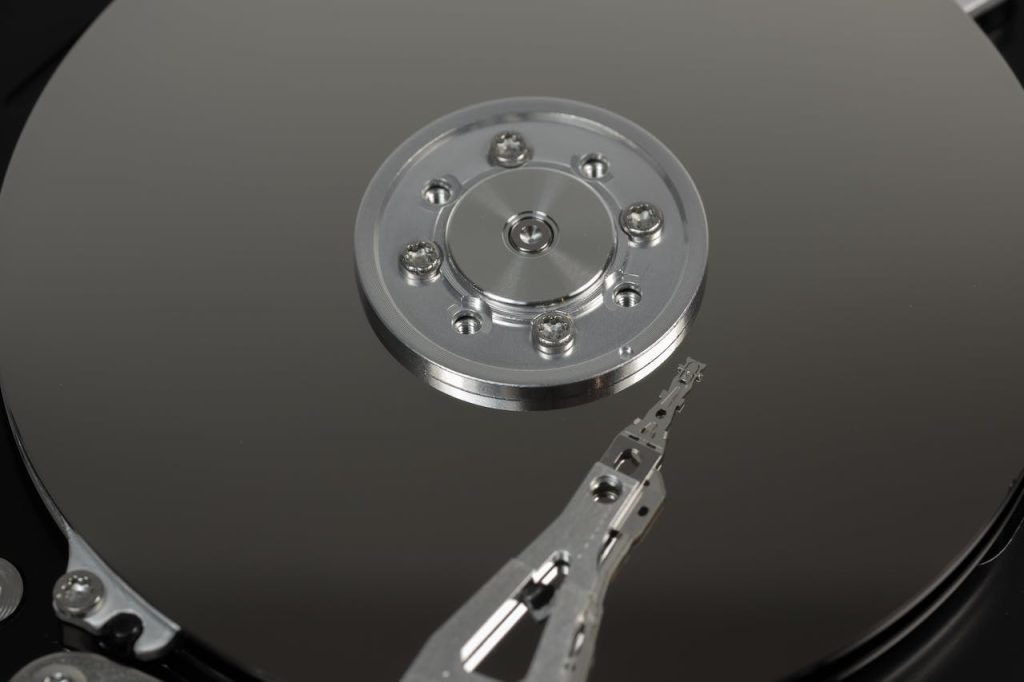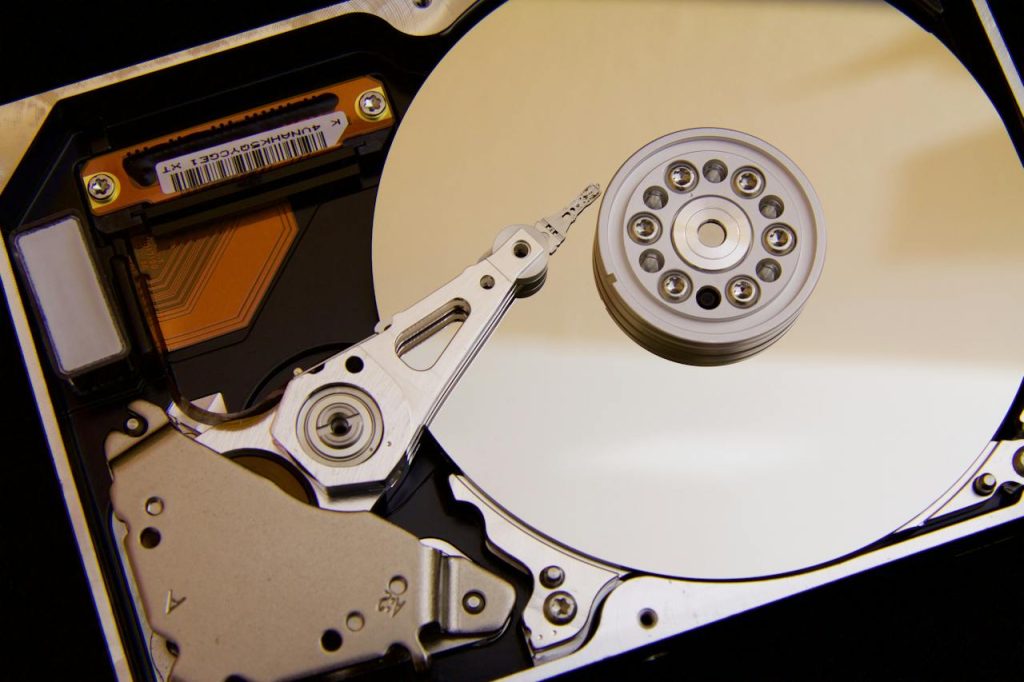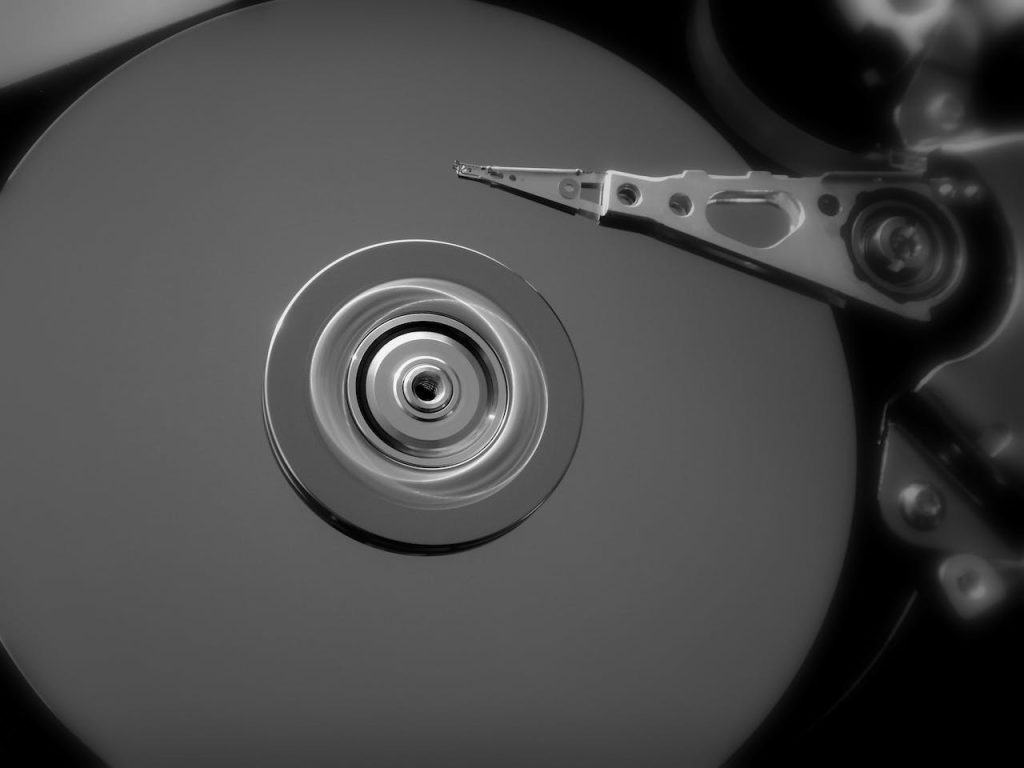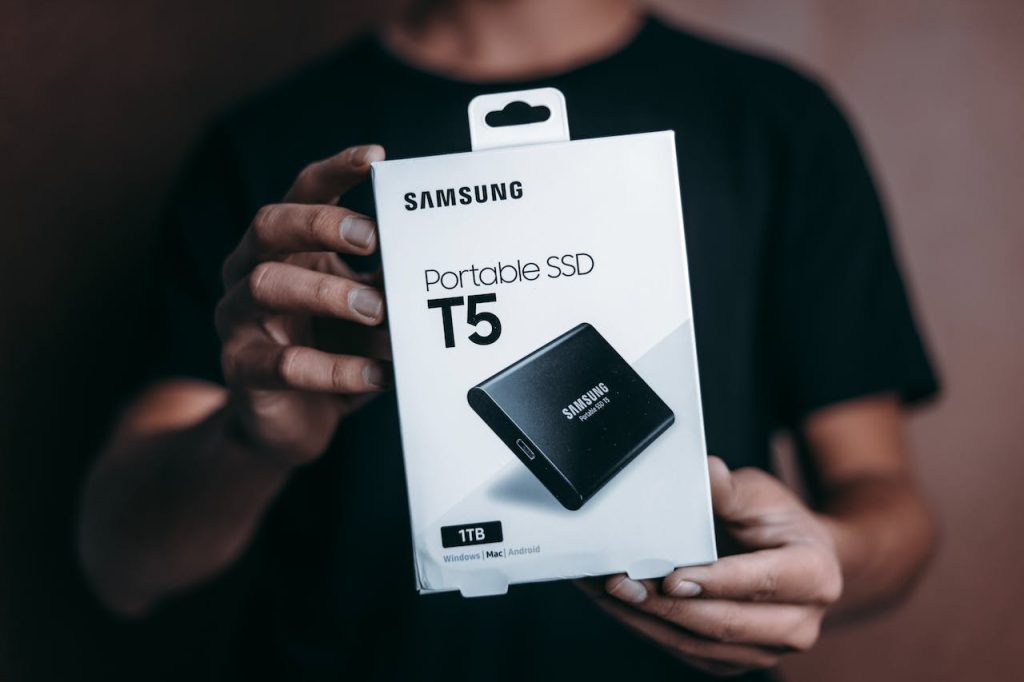What are the differences between MBR and GPT? When it comes to the game of thrones in the realm of partitioning systems, two key players have long held the crown: the Master Boot Record (MBR) and the GUID Partition Table (GPT). Their respective kingdoms, Windows and Mac, clash in the epic battlefield of technology, each with its own proponents and detractors. However, choosing your allegiance between MBR vs. GPT goes way beyond just the operating system loyalty—it’s about aligning with a system that best serves your needs. So, ready your shields and draw your swords, because we’re about to plunge you into the midst of this technological war and help you emerge with an informed decision.
Read More: Which Linux distribution is most commonly used by Windows users?

Understanding the Basics: MBR and GPT Partitioning Systems
For starters, let’s demystify the acronyms and get to the core of what MBR and GPT really mean. MBR stands for Master Boot Record while GPT is short for GUID Partition Table. These are not just snazzy nerdy words but integral systems that govern how your computer’s hard drive organizes and manages its data. They’re essentially the rulebooks that dictate how information is stored, indicating when and where data begins and ends on your disk.
Particularly, the MBR system tends to be a reliable old-timer, with a knack for compatibility across various OS platforms. It has, however, some limitations; it can’t handle disks larger than 2TB and can only manage up to four primary partitions. On the other hand, the GPT system is a relative newcomer but already flexing its muscles in dealing with these limitations. It comfortably handles disks of more than 2TB and can manage virtually unlimited primary partitions. The faceoff between MBR and GPT can largely affect the performance of your Windows and Mac systems—hence the epic tech battles.
| MBR | GPT |
|---|---|
| Older, more compatible system | Newer, advanced system |
| Can’t handle disks larger than 2TB | Handles disks of more than 2TB |
| Manages up to four primary partitions | Manages virtually unlimited primary partitions |
- MBR: Prides on wide compatibility across operating systems but is limited in managing large disks and numerous partitions.
- GPT: More advanced and alleviates the limitations of MBR, but is not as largely compatible with all operating systems.

Decoding their Roles: MBR vs GPT in Windows and Mac Environments
To truly understand the differences between Master Boot Record (MBR) and GUID Partition Table (GPT), we have to look under the hood of our operating systems. When discussing data storage and disk structure, these two options represent a fundamental choice that affects how our OS boots and performs. Specifically, in Windows, MBR is the traditional choice, especially prevalent in older systems; it supports up to 2 TB of storage per partition and allows for 4 primary partitions. In contrast, GPT supports larger disk sizes and theoretically unlimited partitions, which is more beneficial for modern large-scale storage solutions.
The comparison becomes slightly more complex when introducing the Mac environment. Unlike Windows, which offers both MBR and GPT along with hybrid compatibility options, MacOS exclusively supports GPT partition scheme for booting. The capacity advantages of GPT are thus even more /than for Windows. However, this is not to abolish MBR’s relevance, as it’s still frequently employed for secondary data storage.
With these technical specifications, the battle between MBR and GPT seems to hinge on the scale and functionality needs of the individual computer systems. Whether you have a preference or are neutral to these two titans, your best bet lies in understanding their strengths and weaknesses to make an informed decision. Always remember, the effectiveness of a partition system depends not just on its inherent capabilities, but how well it synergizes with your specific OS and requirements.

In-Depth Analysis: Performance and Compatibility Differences between MBR and GPT
When it comes to hard drive partition style, many tech-savvy individuals find themselves caught in the everlasting MBR vs GPT debate. And rightfully so, given that each of these formats comes with its own set of advantages, trade-offs, and compatibility issues. Prior to rolling up our sleeves and diving into the nitty-gritty details of each format, here is a clear and simplified comparison:
| MBR (Master Boot Record) | GPT (GUID Partition Table) |
|---|---|
| Compatible with all systems | Compatible with modern systems |
| Limited to four primary partitions | Allows up to 128 partitions |
| Supports disk up to 2TB | Supports disk larger than 2TB |
| Less secure | More reliable and secure |
Delving into performance, both MBR and GPT are likely to offer comparable results. The structural differences between them don’t carry significant variations in speed or efficiency. However, where the two significantly diverge is in their applicability and resilience. MBR, being the older, has a broader range of compatibility, functioning with most operating systems including all versions of Windows. That said, it comes with significant limitations, such as an inherent size restriction of up to 2TB, and susceptibility to data corruption.
Read More: Do you need GPT to install Windows on an SSD?
On the other hand, GPT, which stands for GUID Partition Table, dismisses such restrictions, allowing hard drives larger than 2TB and presenting a stronger safeguard mechanism for data. It is designed to rectify many of the shortcomings of MBR and is therefore the chosen standard for newer systems. However, its compatibility is limited to modern OS like Windows 10, macOS, and some Linux distributions. Here’s a succinct roundup of the differences:
- Compatibility: MBR is overall more compatible, but GPT is mandatory for some newer systems.
- Performance: There are no significant differences in speed or efficiency between MBR and GPT.
- Security: GPT provides better data protection and recovery options.
- Partitioning: MBR limits to four primary partitions, GPT supports up to 128 partitions.
- Size Limitations: MBR has a size limit up to 2TB, while GPT supports hard drives larger than 2TB.

Which One to Choose: Our Recommendations for MBR and GPT Usage in Specific Scenarios
When it comes to choosing between Master Boot Record (MBR) and GUID Partition Table (GPT) for your system, there are several determining factors including the system’s capacity, the type of operating system, and the required security measures. Below we have made a few recommendations based on certain scenario considerations:
- The smaller, the better: If your system possesses a smaller hard drive, such as 1TB or less, MBR is a sound choice. MBR is compatible with every OS, and will suffice for smaller storage needs.
- Size does matter: When you have a large hard drive (over 2TB), the GPT partition scheme comes handy. MBR can’t handle anything larger than 2TB, so GPT is the clear choice here.
- OS Specificity: MBR is best for older Windows versions (like Win 98 or XP). However, for Windows 7 64-bit and above, or any recent versions of Mac and Linux, GPT is more preferable due to its better support for modern systems.
- Safe and Secure: If data security is your core concern, GPT should be the go-to choice, as it offers a more robust protection protocol with its CRC (Cyclic Redundancy Check) feature, ensuring that your data is safer.
If you still have a difficult time deciding, here’s a comparison table showcasing major differentiators for a quick reference:
| Criterion | MBR | GPT |
|---|---|---|
| Maximum Partition Size | 2TB | No Limit (8ZB theoretically) |
| Number of Partitions | Up to 4 primary ones | Up to 128 primary ones |
| Data Recovery | Less reliable | More reliable due to Primary and Backup Partition Tables |
| BIOS Compatibility | BIOS | UEFI |
The Conclusion
As the sun sets over the digital battlefield, we conclude our great exploration of MBR and GPT, these stalwarts of the storage world. It may feel a little like choosing between Robin and Batman, given that both have their unique qualities, and both are undoubtedly heroes in their own right. Whether you prefer the old school charm of MBR or opt for the modern sophistication of GPT may hinge largely on your specific needs and system configuration. But as with any battle, it is understanding, not choosing sides, that ultimately leads to victory.
Let us take with us the lessons learned, and continue our journey in the vast universe of technological evolution, carrying the flags of Windows and Mac in both hands. Remember, in the grand scheme of things, it’s not about choosing the winning side, but rather the side where you truly belong. This isn’t a war, but rather a demonstration of technological prowess and marvel. So, dear reader, till our next digital adventure, may your drives always be well-formatted and your partitions never fail.

Aleksandar Paunovski is a Computer Science student at New Bulgarian University. He has more than 20 years of experience with computer systems. Aleksandar knows PHP, JavaScript, C++, CSS, and HTML and is an expert on WordPress, computer security, Linux, Mac OS, Chrome OS, and Windows. When not busy making sites, Aleksandar loves to listen to 90’s music, walk in the park, and post on his blog.
